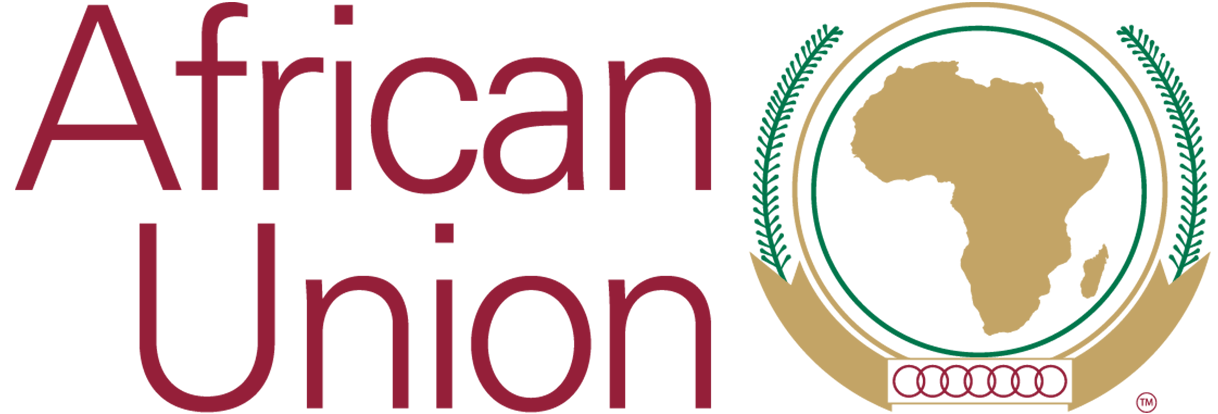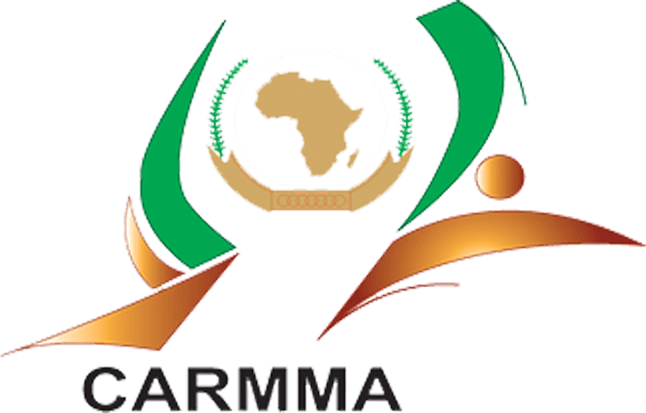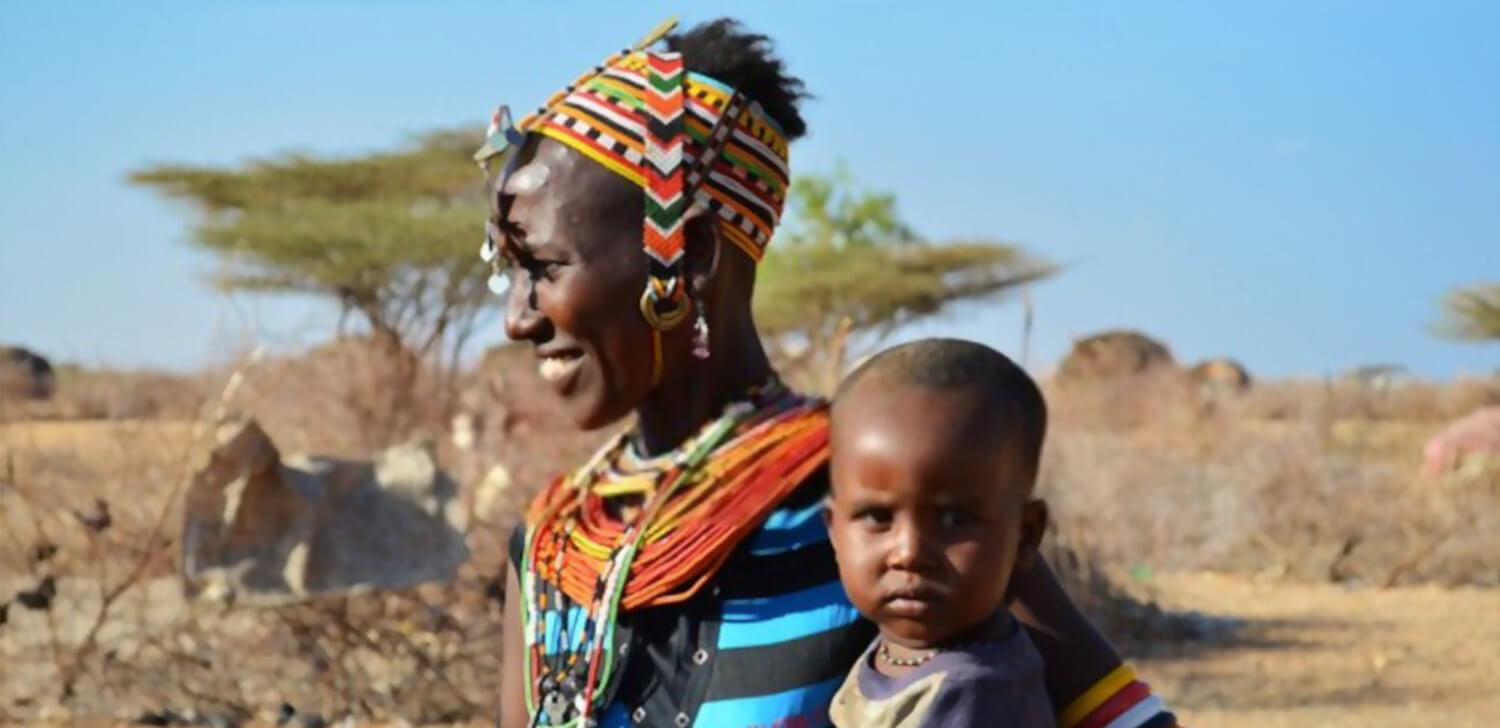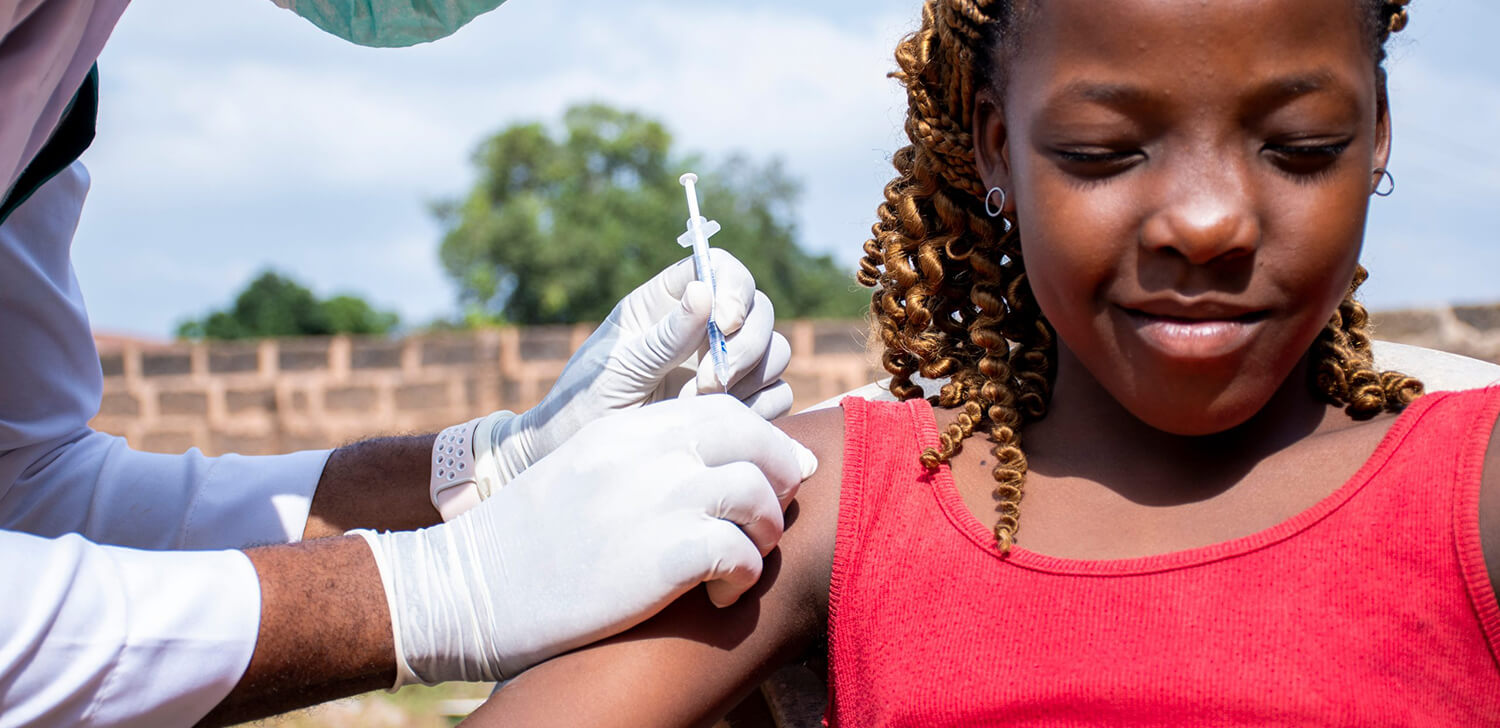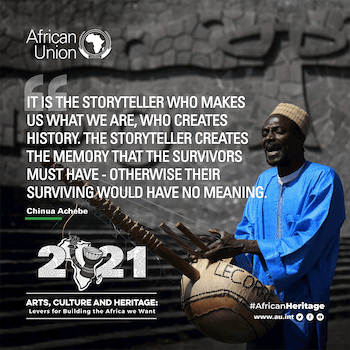Roadmap for the re-strengthened campaign on accelerated reduction of maternal mortality in Africa (CARMMA) Plus
Development of this new roadmap for re-strengthening the campaign follows recommendations from an evaluation of the CARMMA campaign 2009-2019. The e...
